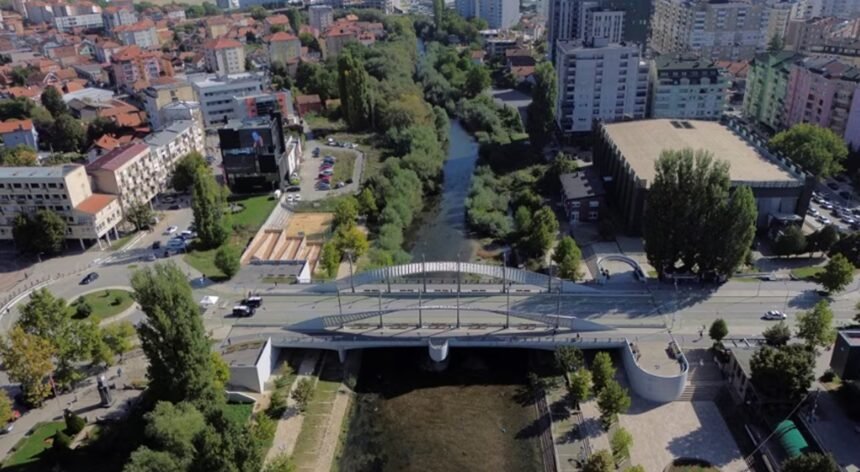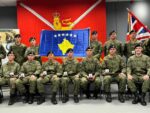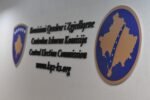Mitrovica is taking a bold step toward cooperation: for the first time ever, a Joint Board between the southern and northern municipalities has been established. The goal? Joint projects that improve life for citizens on both sides of the Iber River. But in a city shaped by deep ethnic divisions and a complicated political landscape, the question remains will it work?
The city, divided along ethnic lines since the 1999 war, has formed this new board to bridge the gap between the Albanian-majority south and the Serb-majority north. Both local governments and Kosovo’s outgoing government have welcomed the initiative, calling it an opportunity to develop projects that benefit the entire city.
The board, officially formed last week, is made up of ten members, five from each municipality, and is based on the Law on the Administrative Boundaries of Municipalities. It is chaired by Elbert Krasniqi, the outgoing Minister of Local Government Administration.
“The goal is to bring citizens closer, improve living conditions, and enhance cooperation between municipalities to provide better services,” Krasniqi told Radio Free Europe.
The concept of this board isn’t new it was originally envisioned in the Ahtisaari Plan, the foundation for Kosovo’s 2008 declaration of independence. The plan called for the creation of two separate municipalities and a mechanism for cooperation. Though included in the 2008 law on administrative boundaries, implementation was delayed for years due to the continuous refusal of northern Mitrovica’s leadership, then controlled by the Belgrade-backed Serb List party.
“That’s why international funds were also blocked,” said Katarina Agjançiq, Deputy Mayor of North Mitrovica.
“Mitrovica could’ve developed much more, on par with other cities in Kosovo. But we stagnated,” she added.
Until 2023, North Mitrovica along with Zvecan, Zubin Potok, and Leposaviq was governed by the Serb List, which often defied Kosovo government decisions. After a boycott of local elections in 2023 by Serb residents (urged by the Serb List), Albanian mayors were elected in these municipalities.
What is the Role of the Joint Board?
The board aims to coordinate cooperation between the two Mitrovicas. Minister Krasniqi said the government is ready to support any joint initiative to improve residents’ lives.
In a recent meeting with journalists, North Mitrovica’s Mayor Erden Atiq denied that the board was a step toward merging the city into a single municipality:
“No. You must join the board as a municipality, not as an administrative office or any other entity,” he said firmly.
Challenges Ahead
Not everyone is confident this mechanism will succeed especially in a fragile and often politicized context.
What happens if one municipality withdraws or boycotts?
Krasniqi avoids hypothetical scenarios but emphasizes focusing on progress:
“My focus, and the agreement from all board members, is to use this time to work and improve life for citizens.”
Agjançiq echoes a similar sentiment, saying the board should serve citizens, not political interests.
“What happens after the October local elections, I truly don’t know,” she admits.
According to law, if the board is not formed within the designated time, the chairperson assumes its functions until full formation. The board is meant to foster functional cooperation in local economic development, public health, urban and rural planning, and other municipal-level areas.
Since taking office in 2021, Prime Minister Albin Kurti’s government has increased efforts to assert state authority in northern Kosovo including shutting down dozens of Serbian-run institutions deemed illegal.
The creation of the Joint Board could now be seen as another move in this broader strategy to consolidate Kosovo’s sovereignty across its entire territory.







